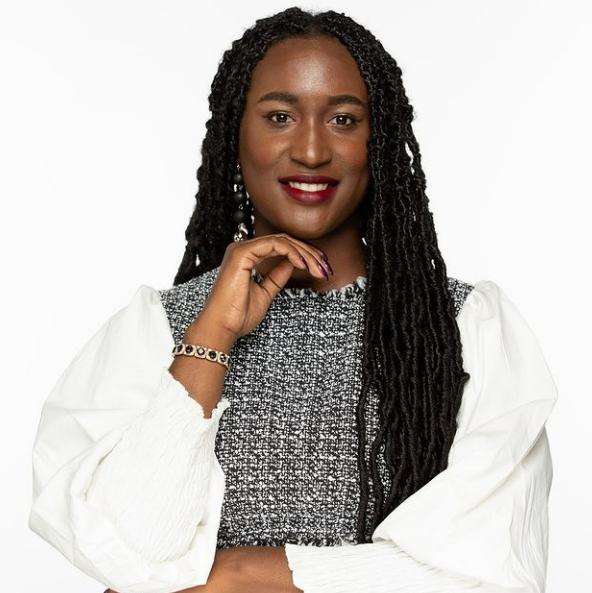Violence and Violence Prevention
The Violence and Violence Prevention area focuses on different forms of interpersonal violence across the life course, such as community and school-based violence, bias-related victimization, witnessing intimate partner violence (IPV) and physical maltreatment within the family, intra- and extra-familial childhood sexual victimization, sexual assault, IPV (physical, sexual, economic, and coercive control), and elder abuse. We examine how different forms of violence co-occur over time—particularly among marginalized groups—with resultant negative effects such as poor physical and mental health, stigmatization, and reduced educational and economic well-being, and we explore systems responses (e.g., community-based service delivery systems for survivors, how schools and universities address survivors’ needs). Our work is theoretically driven and utilizes multiple methods, including qualitative and quantitative analytic strategies, policy evaluation, randomized controlled trials, and arts-based approaches. Our goal is to contribute to the reduction and ultimate elimination of violence. As such, we are focused on better understanding the nature, contexts, and outcomes of violence, as well as designing and evaluating effective prevention and intervention approaches. For example, current work includes addressing community-level social norms to prevent child sexual abuse, implementing policy to strengthen schools’ response to sexual violence and bias-related victimization, and evaluating Crisis Chat, a campus text-based service for sexual assault survivors.








